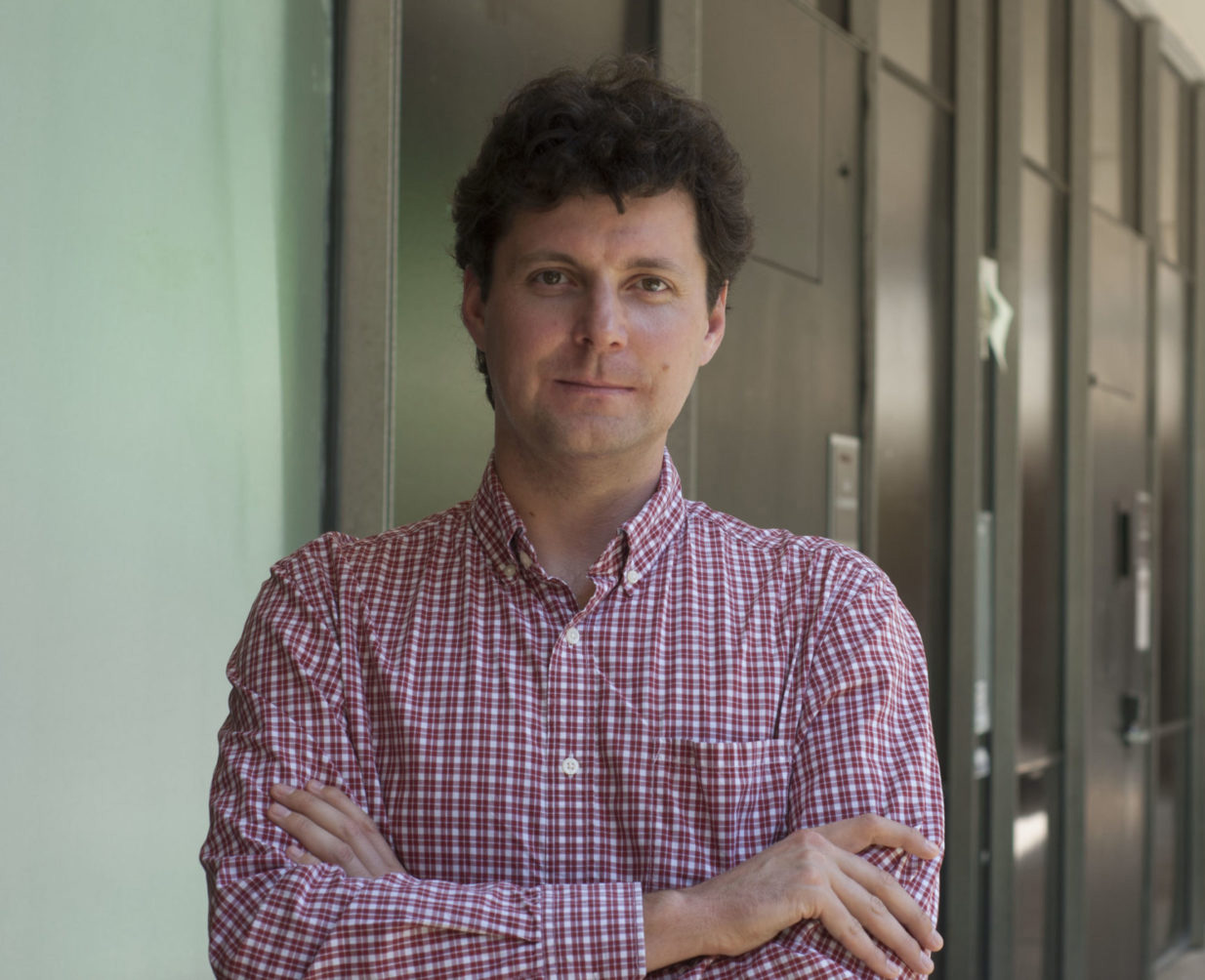The vision for Advanced Air Mobility (AAM) or formerly Urban Air Mobility (UAM) is to enable an air transportation system that moves people and cargo between places previously underserved by the current aviation market (local, regional, intraregional, urban) using revolutionary new electric vertical take-off and landing (eVTOL) aircraft. AAM has received significant attention from federal agencies. Companies around the globe are competing to build and test eVTOL aircraft to ensure the AAM will become an integral part of people?s daily life.
This Cyber-Physical Systems (CPS) project aims at designing theories and algorithms for scalable multi-agent planning and control to support safety-critical autonomous eVTOL aircraft in high-throughput, uncertain and dynamic environments. Urban Air Mobility (UAM) is an emerging air transportation mode in which electrical vertical take-off and landing (eVTOL) aircraft will safely and efficiently transport passengers and cargo within urban areas.
Artificial Neural Networks (ANN) are increasingly being employed to monitor and control Cyber-Physical Systems (CPS), as in autonomous ground and aerial vehicles. With increasing complexity and safety criticality of these systems, formal-verification techniques that provide rigorous guarantees are urgently needed. The broad goal of the research is to develop novel algorithms and software tools for formal verification of ANN-controlled CPS (ANN-CPS).
Light Detection and Ranging (LiDARs) and cameras are an indispensable part of the sensor suite used in autonomous cyber-physical systems such as self-driving cars and unmanned aerial vehicles. The data generated by these sensors is often processed by a deep neural network that transforms it into state estimates used in control loops. Although one can analyze the impact that erroneous state estimates have on control loops, less is known about how to characterize the errors produced by deep neural networks.
Paulo Tabuada was born in Lisbon, Portugal, one year after the Carnation Revolution. He received his "Licenciatura" degree in Aerospace Engineering from Instituto Superior Tecnico, Lisbon, Portugal in 1998 and his Ph.D. degree in Electrical and Computer Engineering in 2002 from the Institute for Systems and Robotics, a private research institute associated with Instituto Superior Tecnico. Between January 2002 and July 2003 he was a postdoctoral researcher at the University of Pennsylvania. After spending three years at the University of Notre Dame, as an Assistant Professor, he joined the Electrical Engineering Department at the University of California, Los Angeles, where he established and directs the Cyber-Physical Systems Laboratory. Paulo Tabuada's contributions to cyber-physical systems have been recognized by multiple awards including the NSF CAREER award in 2005, the Donald P. Eckman award in 2009 and the George S. Axelby award in 2011. In 2009 he co-chaired the International Conference Hybrid Systems: Computation and Control (HSCC'09) and in he was program co-chair for the 3rd IFAC Workshop on Distributed Estimation and Control in Networked Systems (NecSys'12). He currently serves as associate editor for the IEEE Transactions on Automatic Control and his latest book, on verification and control of hybrid systems, was published by Springer in 2009.
The goal of this project is to improve how perception uncertainty is modeled in Cyber-Physical Systems (CPS). Complex autonomous CPS, from airplanes and unmanned aerial vehicles to future self-driving cars, permeate our daily lives. These systems consist of many interdependent components operating in highly uncertain environments and exhibiting complex dynamics. This interdependency makes not only their modeling harder but also quantifying their robustness more difficult.
Despite claims in popular media, current ?self-driving? and advanced driver assist systems (ADAS), based on purely data-driven, machine learning algorithms may still suffer from catastrophic failures. This tendency of ?theoretical statistical accuracy? but ?demonstrated fragility in practice? makes current deep learning algorithms unsuitable for use within feedback loops for safety-critical, cyber-physical applications such as assisted or unsupervised self-driving cars in traffic.
Buildings are vitally important because they contribute to the well-being and productivity of their occupants - however, these benefits come at a high environmental cost. Collectively, buildings account for 40% of the US primary energy usage and CO2 emissions and 70% of the electricity consumption. Furthermore, buildings put a tremendous strain on the power grid as they are largely responsible for the peaks in energy demand.
Cyber-physical systems (CPS), such as automobiles, planes, and heavy equipment rely on complex distributed supply chains that source parts from manufacturers across the world. A fundamental problem that these systems face is ensuring the safety, security, and integrity of both the cyber components and physical parts that they receive through their supply chain.
There is no question that indoor environments are often uncomfortable or unhealthy for occupants. This is an even more critical issue in healthcare facilities, where patients may experience the stressful effects of poor thermal, luminous, and acoustic environments more acutely. With complementary expertise from engineering and psychology, the proposed research is focused on creating a human-on-the-loop, responsive indoor environmental system with the potential to offer better quality of care in hospitals.
A sudden surge in demand in traffic networks disrupts the equilibrium conditions upon which these networks are planned and operated. Lack of understanding of the population's strategic choices under extreme demand may result in paradoxical outcomes, such as evacuations aiming to save lives instead resulting in mass casualties on the road or opening up of new roads increasing rather than decreasing travel time.




